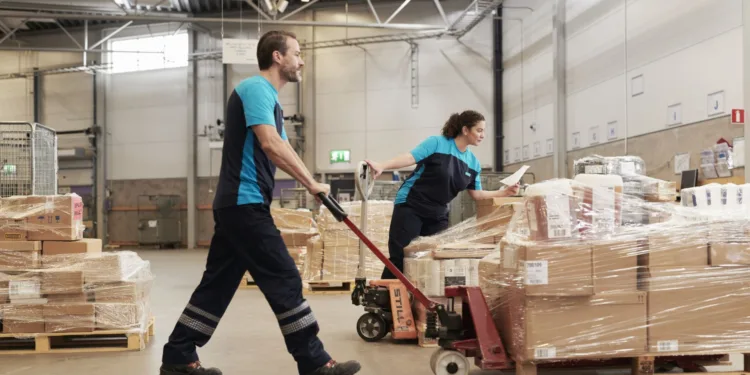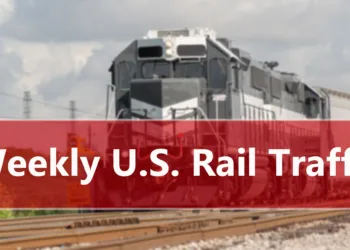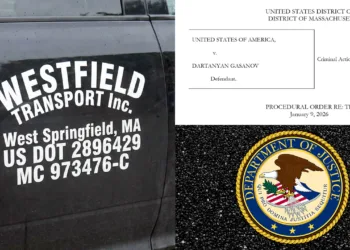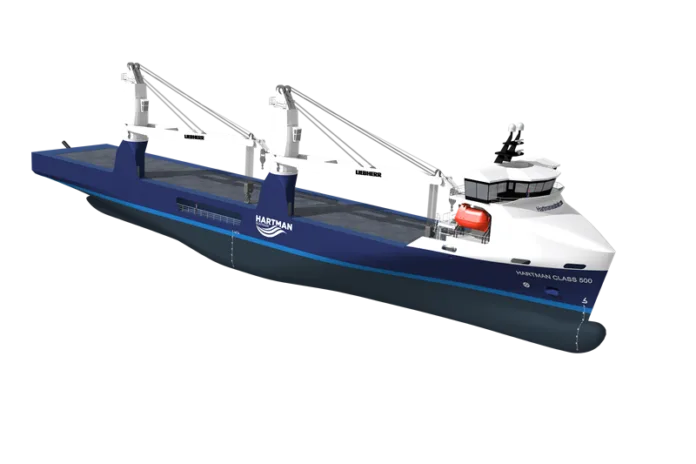European postal operators are alerting businesses and individuals that end of the U.S. de minimis exemption on small-dollar shipments from all countries, which currently can be imported duty-free, has curtailed their ability to ship packages to the United States.
The new measure will significantly impact postal operators and customers worldwide. Postal operators across Europe are actively working together on solutions to meet the new requirements imposed by the United States. PostEurope, which represents 51 European postal companies, said on Tuesday that key details, such as how U.S. customs duties will be collected and what data must be submitted to U.S. authorities, have yet to be fully defined. U.S. Customs and Border Protection issued limited technical guidance on Aug. 15, leaving little time for full implementation by the deadline.
“If critical issues and processes are not defined and, thus, compliant solutions cannot be found before the regulations take effect on Aug. 29, PostEurop members . . . may be constrained to temporarily restrict or suspend the shipping of goods via the postal networks to the United States,” the trade association said in a statement.
The White House last month issued an executive order revoking special treatment for commercial goods valued at $800 or less, effective Aug. 29, saying the U.S. Customs rule served as a loophole for criminals to smuggle goods and companies to evade tariffs. The current de minimis rules allow low-value goods to enter the country with an exemption from import levies and minimal customs processing. Congress raised the de minimis threshold a decade ago to make it easier for Etsy sellers and other small businesses to buy goods from overseas and compete in digital commerce.
In an unprecedented move, the U.S. is requiring the carrier — typically an airline — to be responsible for collecting and filing duties and paperwork on postal shipments since the U.S. Postal Service doesn’t have the ability to process entries through CBP’s automated system. Airlines are equipped to submit manifests to CBP, but aren’t interested in filing customs entries to CBP because of the potential liability and systems upgrades, according to trade experts.
The U.S. measure essentially wiped out normal postal customs clearance for nations under the Universal Postal Convention.
Deutsche Post and DHL Parcel Germany said they will no longer be able to accept and transport parcels and postal items containing goods from business customers destined for the U.S., starting on Saturday. For goods from Germany and the European Union, the new U.S. customs rate is expected to be 15% of the goods’ value.
Lithuania’s postal service said it is suspending all shipments to the United States, including documents, postcards and gifts up to $100 in value because major air carriers had suspended all shipments addressed to the U.S.
Posti, the mail and parcel delivery service in Finland, also said it is forced to temporarily suspend sending of gifts and documents because several airlines have refused to transport any postal items to the United States.
Letters and cards dropped into mailboxes after Aug. 22 will be returned if the sender’s address details are provided. If no sender details are given, the letters will be forwarded to Traficom for processing. Posti also has parcel and e-commerce fulfillment operations in other Nordic and Baltic countries.
Malta’s postal operator said all goods and parcels sent to the U.S., effective Friday, will only be accepted if they are insured for their full value and warned that postal service from Malta to the U.S. could face delays or disruptions.
Czech Post on Friday said it has immediately suspended acceptance of packages with goods, regardless of value, destined for the United States. It is still possible to send parcels containing documents or gifts for individuals valued at $100. However, those shipments will require completion of a postal customs declaration, with a complete and accurate description of the contents and actual value in U.S. dollars. Czech Post said the new restriction is necessary because the U.S. de minimis ban takes effect immediately at the border on Aug. 29, meaning goods must be cleared through the formal entry process and assessed taxes must be paid.
“Czech Post cannot guarantee the delivery of a shipment to the territory of the USA if it is submitted to Czech Post after Aug. 22,” the company said.
International posts also caution shippers that packages with proper documentation may still face extended clearance times as U.S. Customs gets used to the new procedures.
PostNord, which provides mail and parcel delivery in Sweden, Denmark, Norway and Finland, announced it will temporarily pause parcel shipments to the United States and Puerto Rico, effective on Saturday. It will allow a carve out for gifts valued under $100.
“This decision is unfortunate but necessary to ensure full compliance of the newly implemented rules. We are actively working with the relevant international organizations, as well as our U.S. partners, to develop and implement the necessary solution, and remain committed to resuming service for our customers as soon as possible,” said Bjorn Bergman, head of communications at PostNord.
Omniva Group, which provides postal, parcel and logistics services in Estonia, Latvia and Lithuania, said it regretted the need to suspend parcel deliveries to the U.S.
“However, we have now reached a point where we must wait for better cooperation from the U.S. side to resolve the situation. We will resume parcel deliveries to the USA as soon as we can ensure reliable and regulation-compliant service,” Sven Kukemelk, acting chief commercial officer, said in a statement.
Postal operators in Belgium and other countries have announced similar suspensions.
Click here for more FreightWaves/American Shipper stories by Eric Kulisch.
Write to Eric Kulisch at [email protected].
RELATED READING:
New US de minimis policy could trim DHL profit by 3%
Trump revokes de minimis privilege for global e-commerce imports
The post European postal operators suspend parcel service to US appeared first on FreightWaves.



















